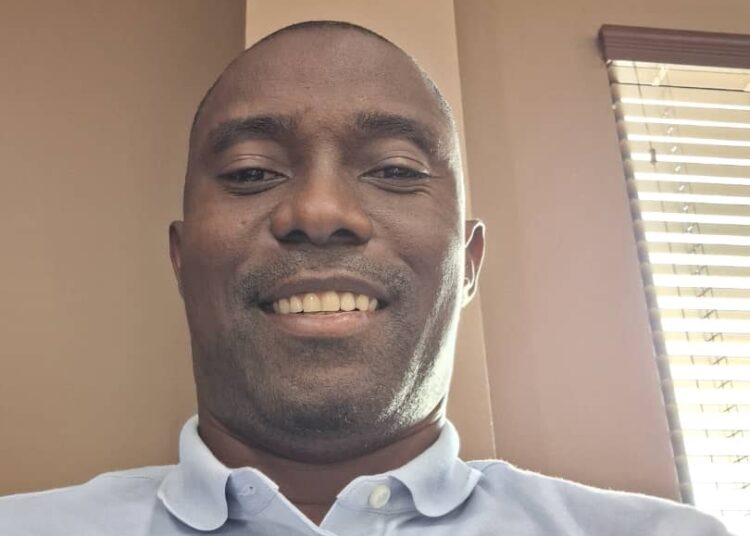A climate expert, Dr. Olalekan Fatoki of the Forestry Research Institute of Nigeria (FRIN), Ibadan, has called on Lagos to adopt sustainable environmental policies similar to those of Hamburg, Germany, to combat its escalating climate challenges.
Speaking in an interview with journalists on Tuesday, Fatoki noted that Lagos ranks as the tenth most vulnerable coastal city in the world and faces increasing threats from rising sea levels, erratic rainfall, heatwaves, and severe flooding.
“With a population of over 24 million and projections to reach 35 million by 2050, Lagos must take bold action to address these climate risks,” he said.
Fatoki identified Hamburg’s renewable energy strategy as a key model for Lagos, citing the German city’s heavy investments in solar, wind, and biomass energy to achieve carbon neutrality by 2050. He suggested that Lagos could follow suit by providing incentives for solar panel adoption and exploring wind energy solutions to reduce dependence on fossil fuels and curb carbon emissions.
He also highlighted waste management as another critical area for improvement, recommending that Lagos adopt Hamburg’s circular economy model, which prioritizes recycling and waste reduction.
“Lagos, plagued by inadequate waste disposal, could introduce comprehensive recycling initiatives to curb pollution, create jobs, and minimize landfill dependency, aligning with sustainable resource use,” he stated.
On flood control, Fatoki pointed to Hamburg’s investments in levees, flood barriers, and efficient drainage systems as a blueprint for Lagos to mitigate the impact of rising sea levels and heavy rains. He urged the state government to prioritize similar infrastructure to protect vulnerable communities from worsening climate impacts.
While acknowledging challenges such as poor urban planning, corruption, and weak law enforcement, the researcher expressed optimism that Lagos could become a climate-resilient metropolis by adopting proven strategies from Hamburg.
He emphasized that immediate action, strong governance, and active public participation were crucial for securing a sustainable future for Lagos’ growing population.













